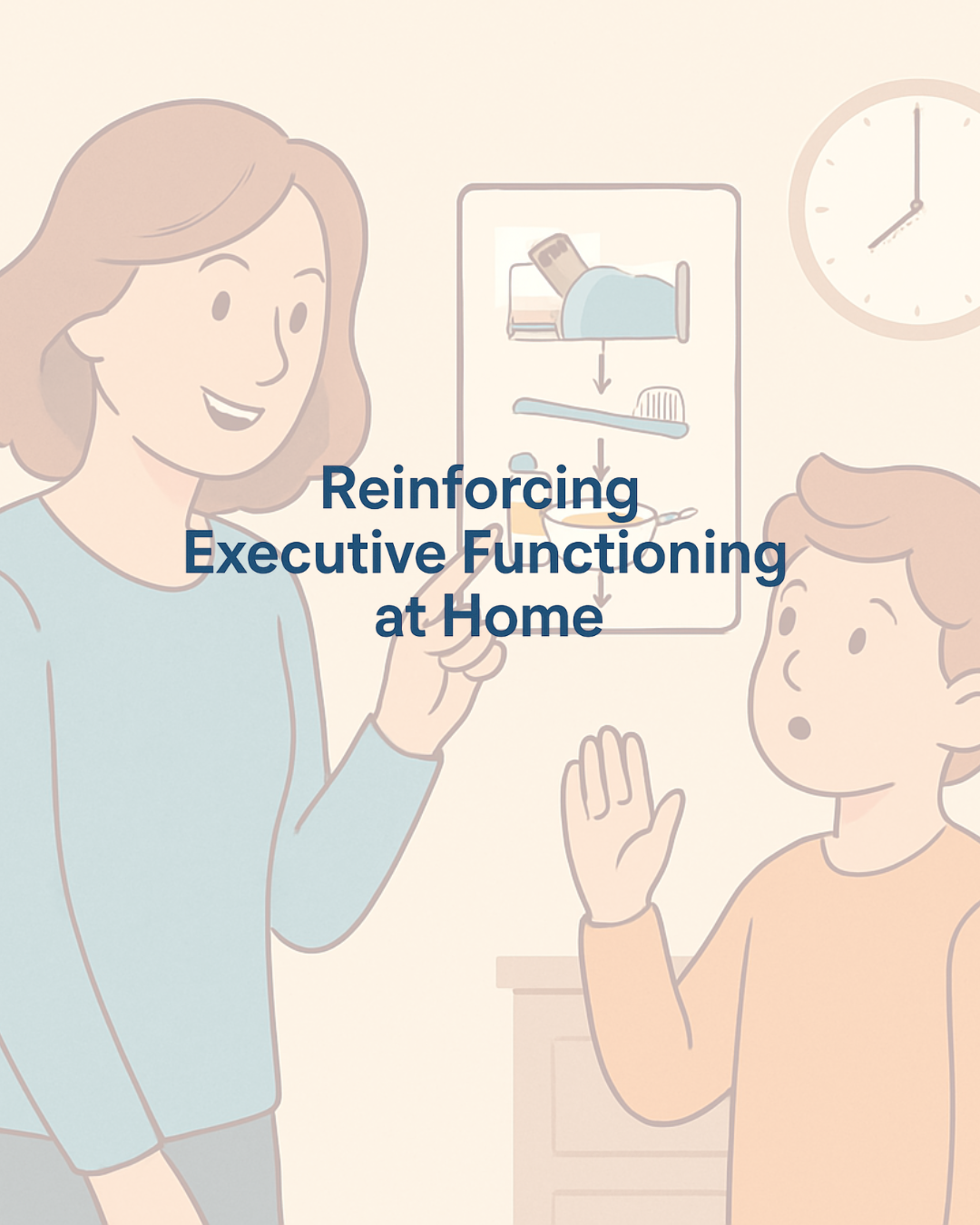By: Dr. K.C. Bugg
As a psychologist who works with many families navigating learning differences, I’m often struck by how much parents focus on their child’s diagnosis, and how easy it is to lose sight of the bigger picture. The label that helped you understand your child and access support can sometimes overshadow something equally important: your child is constantly growing, changing, and developing new capabilities.
I wanted to share some insights about how children’s cognitive profiles evolve, because understanding this can help you recognize and celebrate progress you might otherwise miss.
Your Child’s Brain Is Still Under Construction
Here’s something that surprises many parents: different cognitive skills develop on completely different timelines. Working memory might lag behind in early elementary school but catch up significantly by fourth or fifth grade. Executive functioning skills that seemed impossibly difficult at seven can strengthen considerably by ten. Visual-spatial reasoning, verbal abilities, processing speed—all of these develop at their own pace.
This matters because the child you see today isn’t the same child who received their initial evaluation. New strengths are emerging all the time, even if challenges remain.
Recognizing Emerging Strengths
Sometimes parents tell me, “My child is doing better, but I can’t quite put my finger on why.” Often, it’s because a cognitive strength has quietly developed, and your child—brilliantly—has figured out how to use it.
The child with dyslexia who suddenly loves audiobooks might have developed stronger auditory processing. The student with ADHD who’s thriving in their robotics class might have exceptional spatial reasoning that finally has an outlet. The child on the autism spectrum who’s creating elaborate Minecraft worlds might have remarkable systematic thinking skills.
These aren’t just hobbies or interests—they’re windows into cognitive strengths that can be leveraged across all areas of learning.
What This Means for Parents
You don’t need to be a psychologist to support your child’s developing strengths. Here are some ways to tune into what’s emerging:
Notice what captures their attention. When does your child lose track of time? What activities do they return to again and again? These often align with cognitive strengths.
Listen to how they explain things. Does your child naturally use visual descriptions? Tell stories? Make lists? Create systems? Their explanations reveal how their brain naturally processes information.
Watch for unexpected successes. When your child suddenly “gets” something that was previously difficult, ask yourself what might have changed. Did they approach it differently? Use a different skill?
Share observations with teachers. The team at Tribeca Prep is specifically looking for these emerging strengths to build upon. Your insights from home are valuable data.
Challenges
and Strengths Coexist
Here’s what’s important to remember: your child’s learning difference doesn’t disappear as they develop. But their relationship to it can change dramatically when they discover what they’re genuinely good at.
A child who struggles with reading fluency but discovers they’re an exceptional storyteller learns that their ideas have value even when the mechanics are hard. A student with difficulty in math calculation who realizes they’re brilliant at spatial reasoning understands that their brain is wired for certain types of problem-solving. A child with social communication challenges who develops deep expertise in a subject area finds a bridge to connecting with peers.
These strengths don’t erase the challenges. They provide context, confidence, and pathways forward.
The Tribeca Prep Advantage
One of the remarkable things about a school like Tribeca Prep is its commitment to this strength-based approach. They’re actively looking for what works, what’s emerging, and what can be built upon. As your child develops, the school’s individualized approach can adapt to leverage new strengths.
Your job as a parent isn’t to become an expert in cognitive development. It’s simply to stay curious about who your child is becoming—not just what they’re struggling with, but what they’re discovering they can do.
Because every child, including yours, is so much more than their diagnosis.
Dr. KC Bugg is a licensed clinical psychologist who specializes in evaluating children with learning differences. He strongly believes in strength-based approaches that honor each child’s unique profile. If you ever have questions about your child’s development or learning, please don’t hesitate to reach out at drkcbugg@drkcbugg.com or visit our website for more information: www.neuropsychological-



